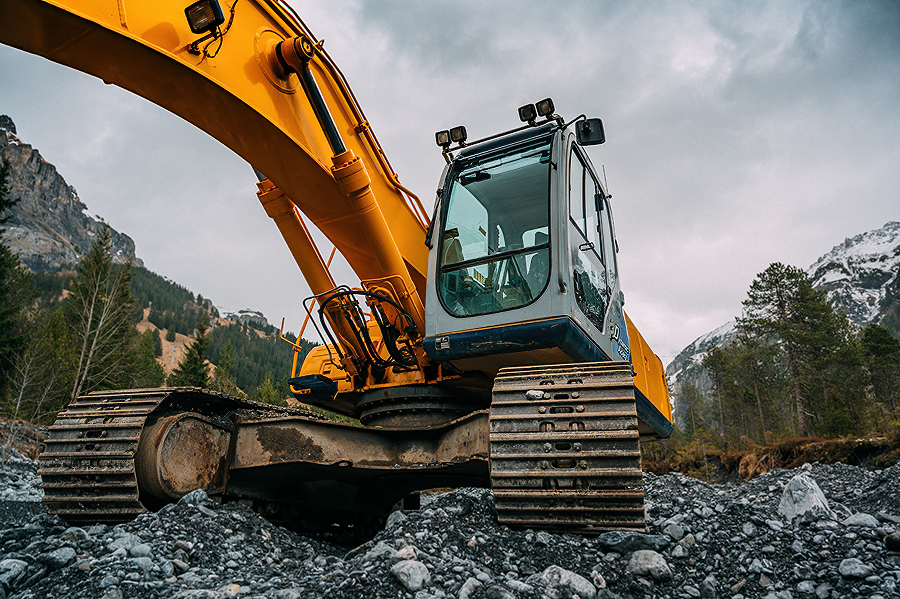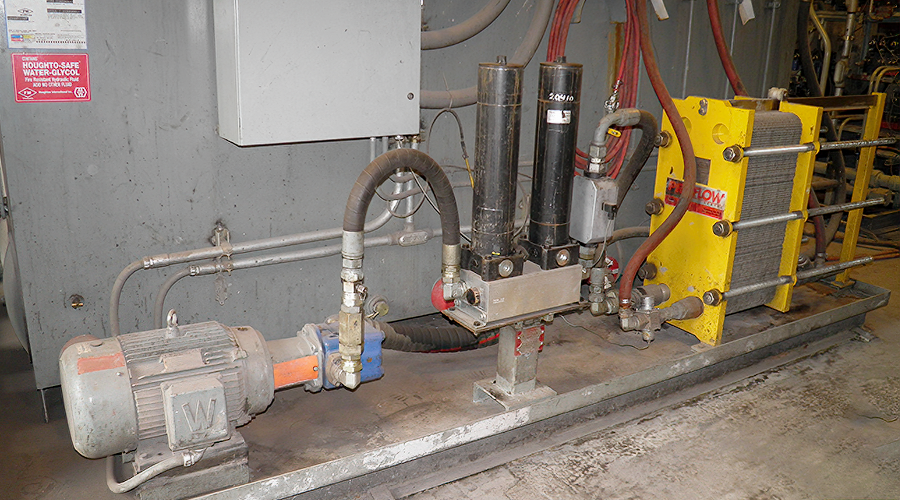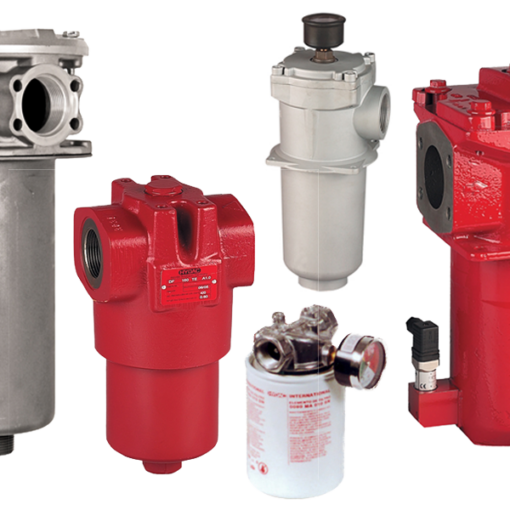
“A firm understanding of hydraulic principles and systems is essential for safe and effective operation of hydraulic equipment.”
For more details, please contact us:
Phone: (971) 264-0400
Hydraulics is a technology that deals with the mechanical properties of fluids, specifically liquids, and their usage to transmit power. It is a branch of engineering that involves the study of fluid mechanics, which is the science of how fluids behave under various conditions.
Hydraulic systems are widely used in a variety of industries such as construction, aerospace, manufacturing, and transportation. These systems are used to power a range of devices, from excavators and bulldozers to airplanes and rockets. Understanding the principles of hydraulics is essential for those working on equipment in these industries, as well as for those who wish to pursue a career in engineering.
Hydraulic training or education are crucial for anyone interested in pursuing a career in hydraulics. This involves learning the principles of fluid mechanics, the properties of fluids, and the different types of hydraulic systems. Hydraulic training, such as training provided by Hydraulic Training NW, LLC also entails learning how to design, install, and maintain hydraulic systems.
The principles of hydraulics are based on the laws of physics, specifically, Pascal’s Law and Bernoulli’s Principle. Pascal’s law states that pressure exerted on a fluid in a confined space is transmitted equally and undiminished in all directions and acts perpendicular to the enclosing container. This principle is the foundation of hydraulic power transmission; the use of fluids to transfer power from one location to another.
Bernoulli’s principle, on the other hand, states that as the speed of a fluid increases, its pressure decreases. This principle is used in hydraulic systems to control the flow of fluids through valves and other mechanisms.
Hydraulic systems consist of a number of different types of components, including pumps, valves, cylinders and motors. Pumps are used to create fluid flow, which is then transmitted through the system to power various devices. Valves are used to control the flow of fluid through the system, while cylinders and motors are used to convert the stored energy of the fluid into mechanical power.
There are several different types of hydraulic systems, each with its own specific applications, designed for the work to be done. For example, hydraulic systems are used in aircraft to control the movement of the wing flaps and other control surfaces. They are also used in construction equipment to power the movement of excavator arms, tractor buckets, and other machinery. Hydraulics is used in almost every major manufacturing process in the world today.
Hydraulic training and education can be obtained through a variety of channels. Many technical colleges and vocational schools offer courses in hydraulic engineering, while online courses and training programs are also available. In addition, there are a number of resources available to those interested in learning more about hydraulics. Online forums, industry publications, and trade shows are all valuable sources of information and can provide opportunities to network with other professionals in the industry. Hydraulic Training NW offers a very unique hands-on experience that is proven to dramatically increase comprehension and retention. “What I hear, I forget; what I touch, I remember.”
The importance of solid hydraulic training and education cannot be overstated. A firm understanding of hydraulic principles and systems is essential for safe and effective operation of hydraulic equipment. Improper usage or maintenance of hydraulic systems can result in equipment failure, property damage, and even injury or death.
In conclusion, hydraulics is a critical component of modern technology, used in a wide range of industries to power a variety of devices. Appropriate hydraulic training and education are essential for those working in these industries, as well as for those who wish to pursue a career in physical or hydraulic engineering. With a solid grasp of hydraulic principles and systems, individuals can work safely and effectively with hydraulic equipment, helping to ensure its continued use for years to come.
Hydraulics is not a source, but a transmitter of power.




